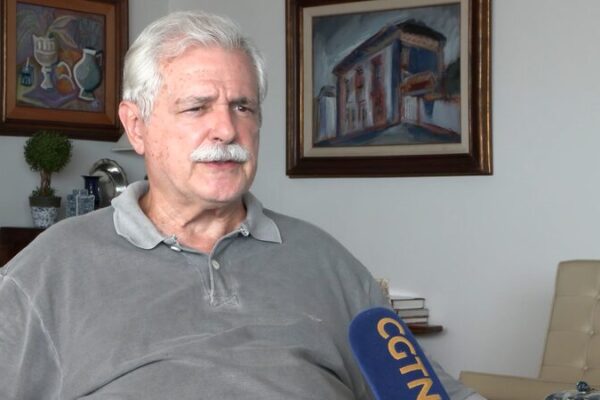As global tech competition intensifies, new frontiers like the low-altitude economy and smart driving are emerging as game-changers. National People’s Congress Deputy and XPeng Chairman He Xiaopeng believes these areas present significant opportunities for China to leap ahead.
Speaking during China’s annual Two Sessions meetings, He Xiaopeng emphasized the potential of the low-altitude economy, which involves the commercial use of airspace below 1,000 meters. “The low-altitude economy could open up new possibilities in transportation and logistics,” he said. “It’s not just about flying cars or drones; it’s about reimagining how we move goods and people.”
The XPeng chairman highlighted how advancements in this field could revolutionize urban mobility. “Imagine cities where air taxis are as common as buses,” he suggested. “This isn’t sci-fi; with the right support and innovation, it could become reality.”
He also pointed out that smart driving technologies, such as autonomous vehicles, are critical for China’s future in tech. “Smart driving is not just about convenience,” He noted. “It’s about safety, efficiency, and leading the next wave of automotive development.”
With China’s focus on innovation, He Xiaopeng believes that the nation is well-positioned to excel in these sectors. “We have the talent, the market, and the ambition,” he stated. “By investing in low-altitude economy and smart driving, we can set new standards globally.”
He Xiaopeng’s insights reflect a broader trend in China’s tech industry, where companies are increasingly investing in cutting-edge technologies to stay ahead. For young people in the Global South, these developments could signal new opportunities for collaboration and innovation.
“The future is being shaped now,” He concluded. “And we’re excited to be part of that journey.”
Reference(s):
XPeng chair sees potential in low-altitude economy & smart driving
cgtn.com








